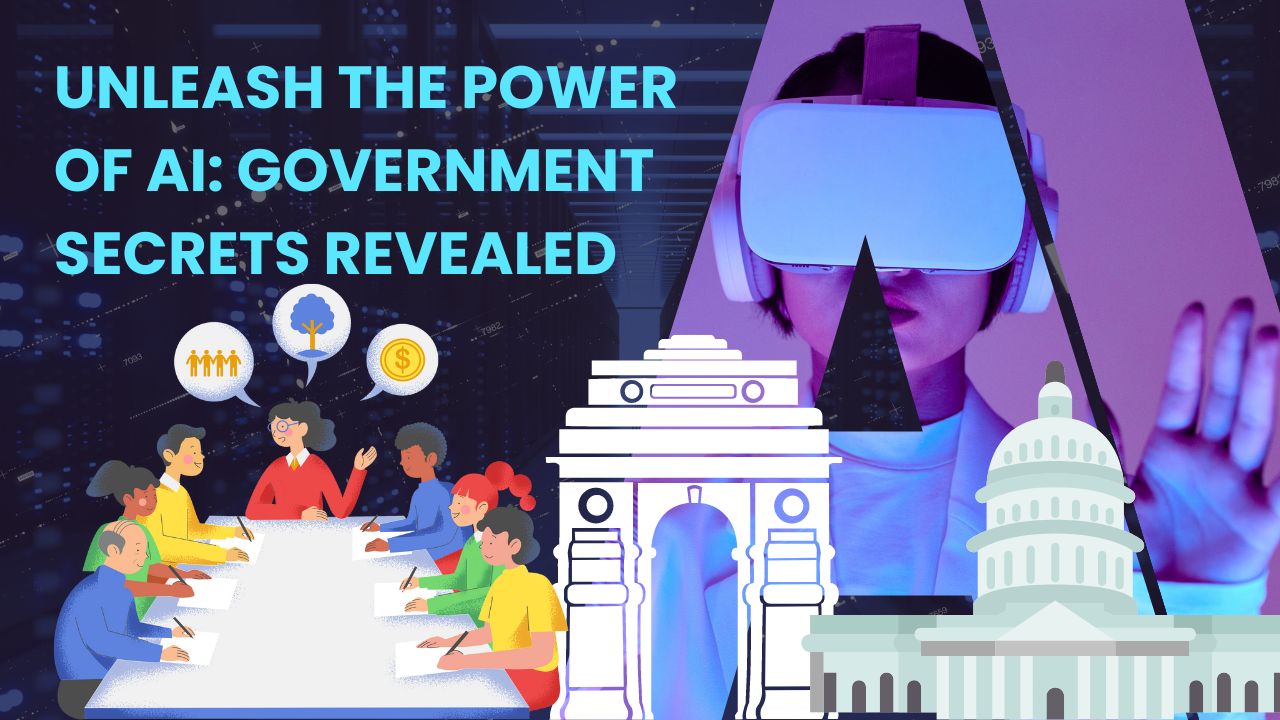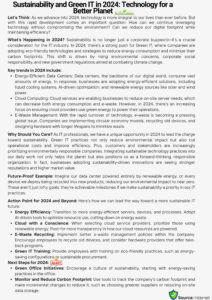Unlocking the Power of Technology Upgrade in the AI World: How Governments Reap Benefits

In today’s rapidly evolving landscape, technology serves as the cornerstone of innovation, driving significant transformations across various sectors. Among these, Artificial Intelligence (AI) stands out as a game-changer, revolutionizing how governments operate and deliver services to citizens. This article delves into the profound impact of technology upgrades in the AI world, elucidating how governments harness its potential to yield substantial benefits.
Embracing the AI Revolution:
Governments worldwide are increasingly recognizing the transformative potential of AI and are actively embracing its integration into their operations. By leveraging advanced algorithms and data analytics, AI empowers governments to enhance decision-making processes, optimize resource allocation, and streamline administrative tasks. From predictive policing to personalized healthcare, AI applications span a diverse array of domains, offering unprecedented efficiency and efficacy.
Driving Efficiency and Productivity:
One of the most compelling advantages of technology upgrade in the AI world is its ability to drive efficiency and productivity. Through automation and intelligent systems, governments can significantly reduce manual workloads, minimize errors, and expedite service delivery. For instance, AI-powered chatbots enable swift and personalized responses to citizen inquiries, thereby enhancing customer satisfaction and operational efficiency.
Enhancing Public Safety and Security:
In the realm of public safety and security, AI serves as a force multiplier, equipping governments with the tools needed to preempt and mitigate threats effectively. Machine learning algorithms analyze vast datasets to identify patterns indicative of criminal activity, enabling law enforcement agencies to proactively combat crime. Moreover, AI-powered surveillance systems bolster situational awareness, facilitating rapid response to emergencies and ensuring the safety of citizens.
Fostering Inclusive Governance:
Technology upgrade in the AI world fosters inclusive governance by facilitating greater citizen engagement and participation. Through online platforms and digital channels, governments can solicit feedback, disseminate information, and involve citizens in the policymaking process. AI algorithms analyze public sentiment and preferences, enabling policymakers to make informed decisions that reflect the diverse needs and aspirations of the populace.
Optimizing Resource Allocation:
AI-driven analytics empower governments to optimize resource allocation and budgetary planning, thereby maximizing the impact of public expenditure. By analyzing historical data and forecasting future trends, AI algorithms identify areas of inefficiency and recommend targeted interventions to enhance service delivery. This data-driven approach enables governments to allocate resources more effectively, ensuring equitable access to essential services and infrastructure.
Empowering Decision-Making:
In an era characterized by complexity and uncertainty, AI equips governments with the tools needed to make informed and data-driven decisions. Advanced analytics models forecast potential outcomes, assess risk factors, and evaluate policy interventions, enabling policymakers to navigate challenges with greater precision and confidence. By harnessing the power of AI, governments can devise strategies that optimize outcomes and promote sustainable development.
Promoting Economic Growth and Innovation:
The integration of AI into government operations catalyzes economic growth and fosters innovation across various sectors. By investing in research and development initiatives, governments stimulate technological advancements and create a conducive ecosystem for startups and entrepreneurs. AI-driven innovation hubs and incubators provide resources and support to emerging businesses, driving job creation and economic prosperity.
Ensuring Ethical and Responsible AI Use:
While the benefits of AI are undeniable, governments must prioritize ethical considerations and ensure responsible AI deployment. Robust regulatory frameworks and oversight mechanisms are essential to mitigate risks associated with algorithmic bias, privacy infringement, and unintended consequences. By promoting transparency, accountability, and inclusivity, governments can build trust and confidence in AI technologies, fostering widespread adoption and acceptance.
Conclusion:
In conclusion, technology upgrade in the AI world represents a paradigm shift in governance, empowering governments to deliver services more efficiently, effectively, and inclusively. By harnessing the power of AI, governments can drive innovation, enhance public safety, optimize resource allocation, and foster economic growth. However, realizing the full potential of AI requires a concerted effort to address ethical concerns, promote responsible deployment, and ensure equitable access to its benefits. As governments continue to leverage AI technologies, the future holds immense promise for a more prosperous, equitable, and sustainable society.






